Mastering the Cloud: The Top 10 Cloud Computing Skills 2023
In today’s rapidly evolving technology landscape, possessing the right cloud computing skills is crucial for professional success. From programming languages to cybersecurity, each skill plays a pivotal role in harnessing the potential of cloud computing. This comprehensive guide outlines the essential skills that will not only set you apart but also empower you to thrive in the world of cloud technology.
Table of Contents
Interview with Senior on Cloud Computing Job Skills – Junior’s Perspective PDF
Introduction
Cloud computing has transcended its status as a mere buzzword to become an integral part of modern technology. With organizations and individuals increasingly adopting cloud solutions, the demand for experts with specialized cloud computing skills is soaring. Whether you aspire to be a cloud engineer, a software developer, or an IT manager, mastering these skills will open doors to new opportunities and allow you to flourish in the digital era.
The Top Cloud Computing Skills You Need
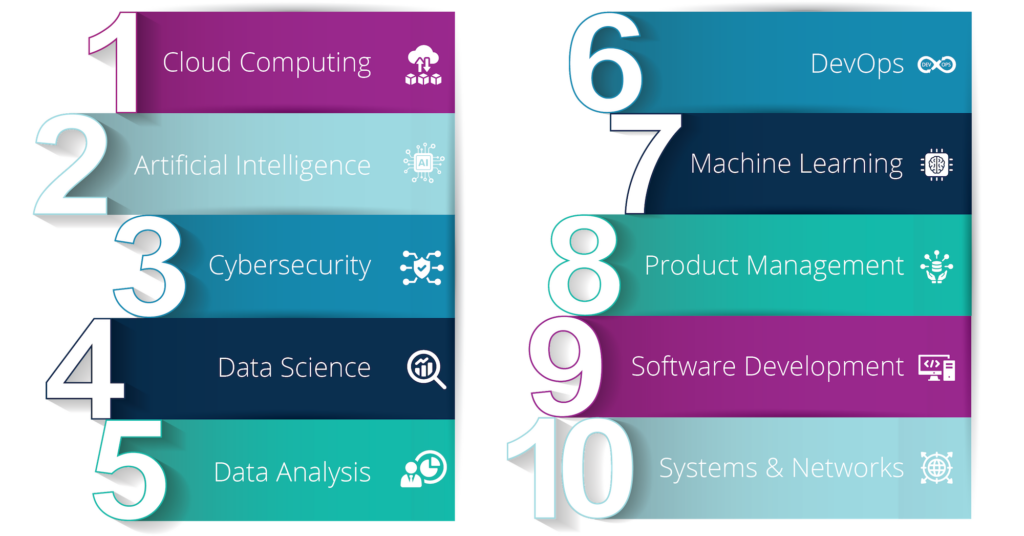
Mastering the Cloud: The Top 10 Cloud Computing Skills 2023 (Senior – Junior Interview)
Proficiency in Cloud Platforms
Mastery of prominent cloud platforms such as Amazon Web Services (AWS), Microsoft Azure, and Google Cloud Platform (GCP) is foundational. These platforms offer an array of services, ranging from robust computing power to sophisticated storage solutions. Developing a profound understanding of their unique features and functionalities is paramount, as it enables you to design and implement effective cloud solutions. Elevate your expertise by pursuing certifications tailored to specific platforms.
Fluency in Programming Languages
A strong grasp of programming languages like Python, Java, and Ruby is indispensable for excelling in cloud development. These languages empower you to create, deploy, and manage applications within cloud environments. For instance, Python’s versatility makes it a preferred choice for scripting and automation tasks. However, it’s not just about learning syntax; a deeper understanding of optimizing code for cloud scalability and efficiency is critical.
DevOps and Automation
The integration of development and operations (DevOps) has revolutionized cloud computing. DevOps practices streamline the development lifecycle, enhance collaboration, and facilitate continuous integration and continuous deployment (CI/CD). Amplifying these practices, automation tools like Ansible and Jenkins further optimize processes. Acquiring proficiency in infrastructure as code (IaC) is pivotal for automating resource provisioning.
Security and Compliance
In an era of increasingly sophisticated data breaches, a robust foundation in cloud security is non-negotiable. Familiarity with encryption, access controls, and compliance regulations is paramount for safeguarding sensitive information. Certifications such as Certified Cloud Security Professional (CCSP) validate your expertise in this domain. Staying updated with the latest security trends and techniques is essential to preempt potential threats.
Cloud Architecture Design
Designing a resilient and scalable cloud architecture necessitates a blend of technical acumen and strategic thinking. Crafting solutions that meet benchmarks for performance, reliability, and cost-efficiency requires adeptness. Concepts such as microservices and serverless architecture must be integral to your skill set. Embrace hands-on projects to practically apply architectural principles in real-world scenarios.
Big Data and Analytics
The synergy between cloud computing and big data is undeniable. Also, proficiency in tools like Hadoop, Spark, and cloud providers’ data warehousing services empowers you to process and analyze colossal data sets. This expertise is invaluable for data-driven decision-making and deriving actionable insights. Cultivate experience in creating and optimizing data pipelines.
Networking Skills
A robust understanding of networking principles is essential for efficiently configuring and managing cloud resources. Proficiency in concepts such as virtual private clouds (VPCs), subnets, and load balancers enables you to design network architectures that optimize performance and security. Dive into networking services provided by cloud platforms, honing your ability to configure intricate network setups.
Containerization and Orchestration
Containerization technologies like Docker empower you to package applications and their dependencies seamlessly across diverse environments. The inclusion of Kubernetes, a potent orchestration tool, automates the management of containerized applications, streamlining scalability and resource management. Develop hands-on familiarity with both containerization and orchestration through practical projects.
Multi-Cloud Strategy
While expertise in a single cloud platform is valuable, proficiency across multiple clouds confers a competitive edge. Organizations increasingly adopt a multi-cloud approach to ensure redundancy and mitigate vendor lock-in risks. Cultivating skills to navigate different cloud ecosystems positions you as a highly sought-after professional. Your ability to assess and compare offerings from different providers is essential for crafting well-informed multi-cloud strategies.
AWS cloud computing skills
To excel in AWS cloud computing skills, there are several key skills to focus on:
- Understanding Cloud Concepts: Begin by grasping the fundamental concepts of cloud computing, such as virtualization, on-demand resources, elasticity, and pay-as-you-go pricing. This foundation will help you appreciate the benefits of cloud services.
- AWS Core Services: Familiarize yourself with essential AWS cloud computing skills services. Amazon EC2 provides scalable virtual servers, Amazon S3 offers object storage, AWS Lambda enables serverless computing, and Amazon RDS manages relational databases. Understanding these services is vital.
- Networking: Learn about Amazon VPC, subnets, security groups, and routing tables. These concepts form the basis for creating secure and well-connected AWS architectures.
- Security: Master AWS Identity and Access Management (IAM) to control access to resources. Understand encryption, key management, and best practices for securing data in transit and at rest.
- Infrastructure as Code (IaC): Gain proficiency in using tools like AWS cloud computing skills CloudFormation or Terraform. These tools allow you to define and manage your infrastructure using code, making it easier to deploy and maintain resources.
Problem-Solving and Adaptability
In the dynamic realm of cloud computing, challenges are inevitable. Navigating these challenges necessitates sharp problem-solving skills coupled with adaptability. The capacity to troubleshoot issues, optimize performance, and swiftly acquire proficiency in new tools and technologies distinguishes you. Nurture a growth mindset and continuously seek opportunities to tackle complex problems head-on.
Advice from Senior Cloud Engineers
Some additional pieces of advice to help you excel in mastering cloud computing skills:
- Continuous Learning: Cloud computing is a rapidly evolving field. Commit to continuous learning to stay updated with the latest trends, technologies, and best practices. Engage with online tutorials, courses, and communities to expand your knowledge.
- Hands-On Experience: Theoretical knowledge is essential, but hands-on experience is invaluable. Also, experiment with setting up cloud environments, deploying applications, and troubleshooting issues. Practical experience enhances your understanding and problem-solving abilities.
- Collaboration and Networking: Engage with peers and professionals in the cloud computing community. Also, networking can lead to collaborative projects, job opportunities, and exposure to diverse perspectives.
- Soft Skills Matter: While technical skills are crucial, soft skills like communication, teamwork, and problem-solving are equally important. Strong communication skills will help you articulate complex concepts and collaborate effectively.
- Certifications: Earning recognized certifications validates your skills and can enhance your credibility. Research and choose certifications that align with your career goals and the cloud platforms you work with.
- Personal Projects: Undertake personal projects that align with your interests and goals. These projects allow you to explore specific areas of cloud computing and demonstrate your passion to potential employers.
- Stay Ethical: As you work with cloud technologies and handle sensitive data, prioritize ethical practices and data privacy. Upholding ethical standards is crucial for building trust and credibility.
- Stay Curious: Cloud computing is vast, and there’s always something new to learn. Cultivate curiosity and a hunger for knowledge to remain at the forefront of industry developments.
Remember, mastering cloud computing skills is not a destination but a continuous journey. Also, embrace challenges, celebrate your successes, and maintain a passion for learning. Your dedication to honing your skills will undoubtedly lead to a fulfilling and successful career in cloud computing.
FAQs
Q: What are some popular certifications for cloud computing skills?
A: Widely recognized certifications include AWS Certified Solutions Architect, Microsoft Certified: Azure Solutions Architect Expert, and Google Cloud Professional Cloud Architect.
Q: Is cloud computing only relevant for large enterprises?
A: No, cloud computing offers benefits to businesses of all sizes. Small businesses can harness the cloud for cost-effective scalability, while larger enterprises gain flexibility and global accessibility.
Q: How can I stay updated with the latest cloud computing trends?
A: Stay engaged with online communities, participate in webinars and conferences, and follow reputable tech blogs and news sources.
Q: Are AWS cloud computing skills transferable between industries?
A: Absolutely, Cloud skills transcend industry boundaries. The principles and technologies are applicable across sectors, from healthcare to finance to entertainment.
Q: What role does machine learning play in cloud computing?
A: Machine learning is integral to cloud computing, enabling tasks like predictive analytics, resource optimization, and anomaly detection, ultimately enhancing overall system efficiency.
Conclusion
In a world where technology is the driving force behind innovation, cloud computing job skills remain at the forefront. By mastering the top AWS cloud computing skills discussed in this guide, you position yourself to lead this transformative field. Whether you’re designing solutions, analyzing data, or fortifying security, your expertise will be sought after. Embrace your learning journey, nurture curiosity, and embark on a career path brimming with growth, challenges, and meaningful contributions. Remember, the potential of the cloud is limitless, and your acquired skills are the key to unlocking it.
Hello, I’m Cansu, a professional dedicated to creating Excel tutorials, specifically catering to the needs of B2B professionals. With a passion for data analysis and a deep understanding of Microsoft Excel, I have built a reputation for providing comprehensive and user-friendly tutorials that empower businesses to harness the full potential of this powerful software.
I have always been fascinated by the intricate world of numbers and the ability of Excel to transform raw data into meaningful insights. Throughout my career, I have honed my data manipulation, visualization, and automation skills, enabling me to streamline complex processes and drive efficiency in various industries.
As a B2B specialist, I recognize the unique challenges that professionals face when managing and analyzing large volumes of data. With this understanding, I create tutorials tailored to businesses’ specific needs, offering practical solutions to enhance productivity, improve decision-making, and optimize workflows.
My tutorials cover various topics, including advanced formulas and functions, data modeling, pivot tables, macros, and data visualization techniques. I strive to explain complex concepts in a clear and accessible manner, ensuring that even those with limited Excel experience can grasp the concepts and apply them effectively in their work.
In addition to my tutorial work, I actively engage with the Excel community through workshops, webinars, and online forums. I believe in the power of knowledge sharing and collaborative learning, and I am committed to helping professionals unlock their full potential by mastering Excel.
With a strong track record of success and a growing community of satisfied learners, I continue to expand my repertoire of Excel tutorials, keeping up with the latest advancements and features in the software. I aim to empower businesses with the skills and tools they need to thrive in today’s data-driven world.
Suppose you are a B2B professional looking to enhance your Excel skills or a business seeking to improve data management practices. In that case, I invite you to join me on this journey of exploration and mastery. Let’s unlock the true potential of Excel together!
https://www.linkedin.com/in/cansuaydinim/

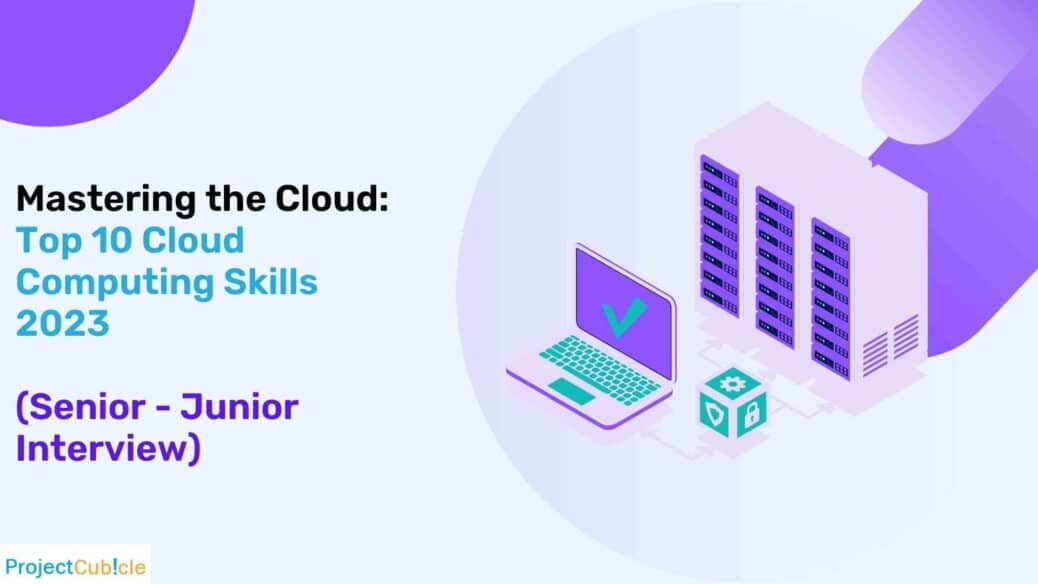

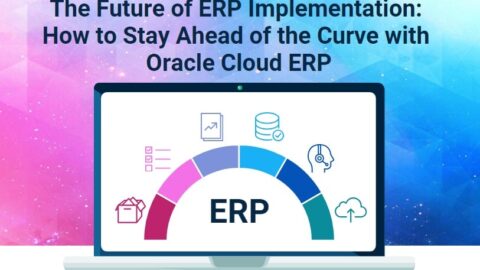

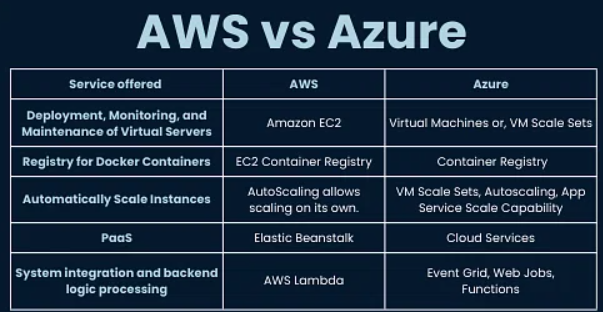


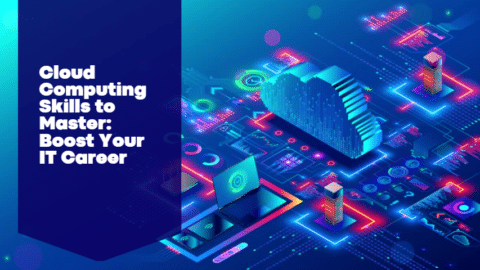


I have been following you for a very long time. You have great content. This interview was very useful for me. Please keep working at projectcubicle.
Thank you very much! :’)